 In the authoritarian model of parenting, when the child acts out by shutting down, being resistant, uncooperative, extra clingy or acts out aggressively, when they shout, hit, kick, defy or rebel – this tends to elicit their parent’s most harsh and critical side. These behaviours are signs that the child likely needs extra connection and support (or other unmet needs), yet more often their behaviour results in losing their parent’s emotional support, kindness and connection.
In the authoritarian model of parenting, when the child acts out by shutting down, being resistant, uncooperative, extra clingy or acts out aggressively, when they shout, hit, kick, defy or rebel – this tends to elicit their parent’s most harsh and critical side. These behaviours are signs that the child likely needs extra connection and support (or other unmet needs), yet more often their behaviour results in losing their parent’s emotional support, kindness and connection.
One of my biggest concerns about this is that aggressive acting out is the parent’s signal that their child has become very, very out of balance; that there’s some very difficult feelings pushing forward that the child needs emotional support with. They need active listening, empathy and probably to feel supported as they release their tensions through crying, laughter, quality time with parent and more time in nature.
Quite often the child is re-enacting something that’s happened to them that they haven’t been able to cope with, be it minutes, hours or weeks earlier. Perhaps something happened that was scary for the childlike being yelled at or otherwise treated harshly, maybe something they heard and misinterpreted, something on t.v. or at the supermarket or tensions between the parents that unsettled the child greatly. Perhaps the child witnessed or experienced something at a relatives house or school or childcare or perhaps even relating back to earlier traumatic experiences. Even unresolved trauma relating back to birth can sometimes become evoked in a child for reasons that nobody knows or can identify.
The human psyche has a way of pushing unresolved fears, traumas and frustrations to the surface to be resolved at certain times, and is as equipped to heal emotional wounds as broken bones, parents need to learn how to support rather than squash that natural healing process. We don’t need to know the source of the pain, we just need to be our child’s anchor when they need to release the pain that has been locked inside them. We need to learn to see their acting out to be indicative of them feeling bad, rather than them being bad.
Children can only act well when they feel well. Whether it’s phobias, anxiety, defiance or aggression, out-of-balance behaviours need to be seen as symptomatic of the child being emotionally unwell or out of balance, in a similar way that we view symptoms of illness. It’s no coincidence that emotional turbulence so often goes hand in hand with illness in a child. Have you ever been tested to the limits with your child’s out-of-balance behaviour, then to discover they’ve been coming down with the flu or a tummy bug? Retrospectively you know that your child’s coping mechanisms have been at their lowest and they’ve been feeling really bad, but couldn’t express it verbally. At these times, it’s a good feeling to know you’ve been giving your child extra loving support rather than harsh treatment.
There have been so many times when one of my children were acting out of their normal character in a way that was less than kind, considerate and polite! Yet, in seeing the behaviour as symptomatic and stopping, becoming present, connecting in and really listening, the painful feelings and unmet needs beneath the behaviour have come to light and the real problem within my child has been healed and resolved. There are times when I don’t manage to slow down and connect, don’t hit the spot, and things just get worse until I land back into the present moment and make myself more fully available. It’s only when we become truly available, that children can begin to show, share, express and hence resolve that which is weighing them down.
I don’t always identify what the source of the problem was, but once their increased needs for listening, closeness and support are met, their behaviour returns back to balance. Perhaps they’ve felt sad and lonely because Dad has been working away from home often. Perhaps they’ve had some big feelings they hadn’t themselves identified about a friendship that’s been a bit rocky lately, perhaps they’re worried about an upcoming change or are still adjusting to a change in the past. I often find myself thinking, once the history comes to light, how hard it would have been for my child to elicit moralizing lectures at these times – which I have done as well, much to my regret, then later repaired – because kids really are always doing their best considering what they’re dealing with inside.
When my daughter completely lost the plot. I remember picking my girl up from school one day when she was six and from the time we drove off, she started really shouting at me, she started wriggling, kicking her feet on the window and growling. It was really alarming, she hadn’t been out of balance recently, I knew immediately that something really awful must have happened and I remember saying things like; “oh my beautiful girl, what has happened today, you’ve got some really really big feelings inside”. She was repeatedly shouting the words “Stop! Look! Listen!” among other things which was my clue, I knew they were words that her teacher used a lot, so imagined that her distress related to her teacher expressing those words. I stopped the car, pulling into a quiet area and gave her my full attention. I stayed really present and gave her lots of empathy, she was in a state of chaos and panic and my words weren’t reaching her. I trusted that thrashing about was part of what she needed to do in her attempts to get the painful feelings out.
I could see that she was locked into a struggle with her feelings and needed help to feel safe and to break through to the releasing stage. Feeling such intense feelings can be very scary, they need us to show them that it’s safe to feel, to show and to express those feelings. So I offered for her to sit on my knee, offering to make a ring around her with my arms that she could push against to help her really growl and get it all out (something we’d practised before). She liked that idea, plonked onto my knee and pushed outwards against my arms with her hands. The containment of my arms gave her both the safety, holding and also the resitance to push against that allowed her to really growl from her belly a few times. This helped her move from struggling to releasing and she then dropped into big deep releasing cries, with lots of tears – the tensions started to finally drain away. She still couldn’t or wasn’t ready to tell me what it was all about, she was far from accessing reason. I didn’t push her to try and tell me as it was clear that she was still in an emotional state and I didn’t want to risk shutting down her healing release by pressurizing her to reason or find the words before she was ready.
The story came to light. By the time I got back home, my friend rang to see if my girl was ok because she had heard from her daughter in the same class all about how the teacher had shouted at my girl that day because she wasn’t doing her work. My friend’s daughter told her about how my daughter became really distressed. Apparently, the teacher even complained about my daughter to another teacher when they entered the room with words of “well there’s ONE girl in here today who’s not doing what she’s told”. As is so often the case, the teacher’s judgment was based on a lack of tuning in to mydaughter’s needs. Because my daughter is dyslexic, she couldn’t understand the verbal instructions without being given some visual guidance to accompany it, It turns out my daughter was already becoming overwhelmed at not being able to understand what was being asked of her, and then became even more confused and overwhelmed by her teacher’s impatience. From my daughter’s perspective, she didn’t know what work she was supposed to do. I had previously told the teacher she was most likely dyslexic, as I am and a lot of my family are, but the teacher didn’t know much about that and had put my girl into a totally confused and overwhelmed state because of a communication misunderstanding. Meetings followed that ensured such a communication mismatch wouldn’t happen again.
Dysregulated behaviour symptomizes a dysregulated state. I find it so sad that many parents would consider their child’s meltdown to be “misbehaviour”, “unacceptable”, “acting up”, the child “being unreasonable”, “disrespectful” or the dreaded judgment of “naughty” and hence view it as something that should just stop. Many parents who have been trained by society and their own childhood to interpret a child’s meltdown to be wrong may also take it personally that their child doesn’t stop “making a fuss” when told to stop. So often the parent doesn’t know the importance of attuning to what’s going on with the child. Our society has a harsh attitude towards children who have meltdowns and tantrums and have little understanding of the underlying feelings and unmet needs that drive the behaviour.
The behaviour is not the problem, but symptomatic of unmet needs and a dysregulated state. The child needs to be held with love and sensitivity while they get all their frustrations out of their system and again feel safe and calm.
Hold space for their feelings regardless of whether you know what caused their upset. I knew my daughter was showing me some painful feelings, I didn’t need to know the story to prove that her feelings were valid, or to meet my need to understand what was going on. A child always needs and deserves emotional support when their feelings take them over. Tantrums are the result of a child being in the stress response and operating from fight, flight or freeze, and essentially feeling fear. Their feelings of fear and frustration drive their behaviour and they can only operate from their rational thinking when they’re emotionally settled. Active listening is a way of listening that makes it easier for children to identify and express their feelings.
A child’s very dysregulated behaviour is their way of showing their dysregulated internal state, their way of crying out for help with their very difficult feelings. Another important reason to adopt this more compassionate non-punitive peaceful parenting approach is that it’s often the only way a child can “tell” that somebody has done something really bad to them. When people ask the question “why don’t children tell” relating to abuse or bullying, I believe that they always tell through behaviours, through their aggressive play, perhaps through nightmares, perhaps by becoming withdrawn and extremely resistant, one way or another they show through their behaviour. But to reach the place of being able to access the words to tell the story, they usually first need the reassurance that we truly care, are truly available to listen and that there isn’t a risk of them “getting in trouble”.
If I’d shouted at my girl, or put her in time out, it would have been trauma on top of trauma for her that day. Kids need to get those bad feelings out and gain our help to ensure that they will be protected from further harsh treatment.
Note: If your child’s behaviour is aggressive, chaotic, hyperactive, withdrawn or otherwise problematic on a regular basis, for the neurotypical child, this will be symptomatic of some unmet needs. Extremely out of balance behaviour can of course also be indicative of health issues or of the child having neurological conditions that need to be assessed. There can be so many and very varied influences upon the child that affects their health, balance, wellbeing and coping capacity. The above list is not meant to cover every possibility, but can provide helpful food for thought of where some stresses may be stemming from for the neurotypical child, which can perhaps be changed or eliminated. And indeed, when a child does have a neurological, mental health or physical health problem, it becomes even more important that their stress is lowered by meeting as many of the above needs as possible.
Written by Genevieve Simperingham

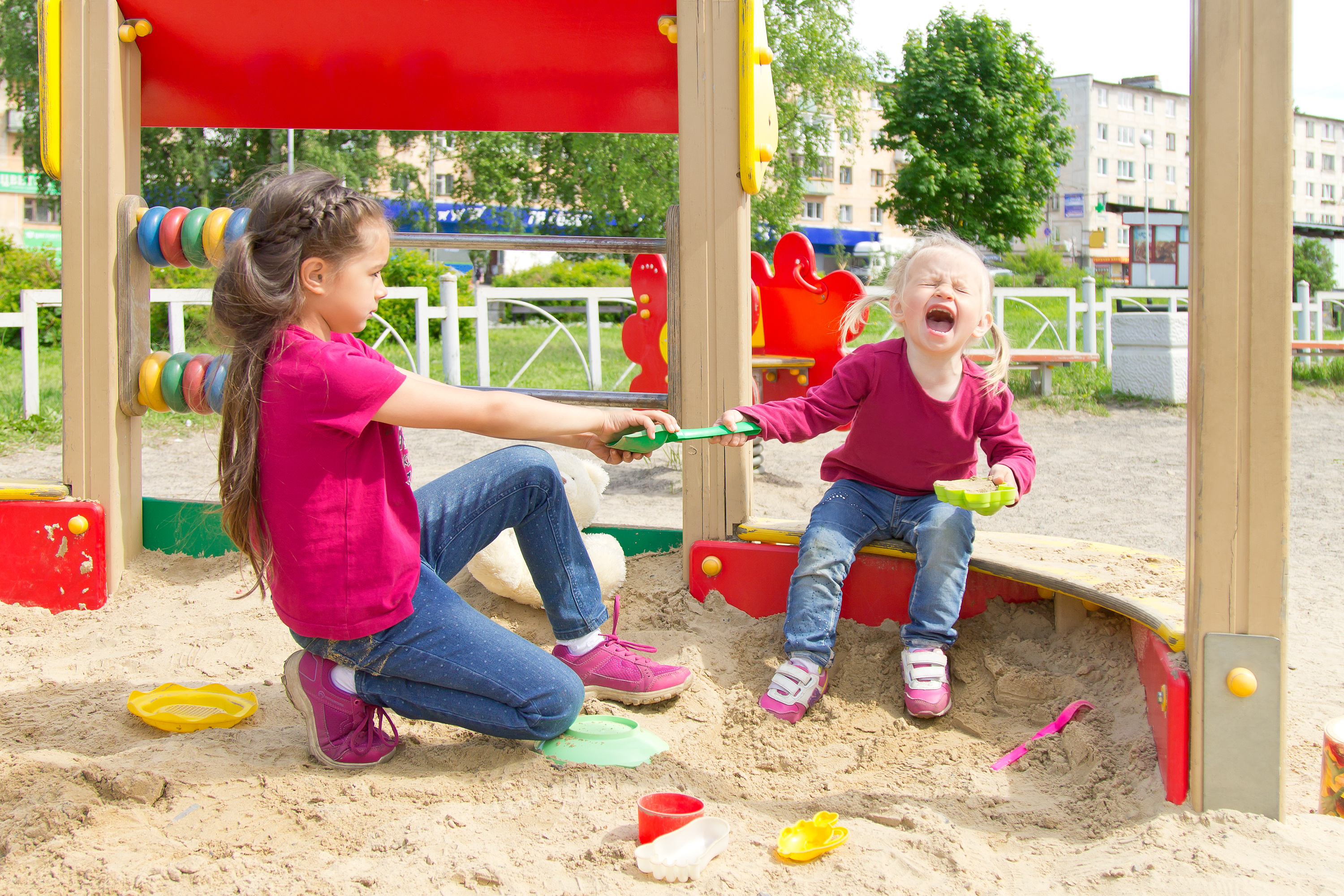
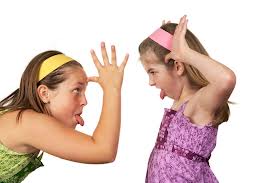
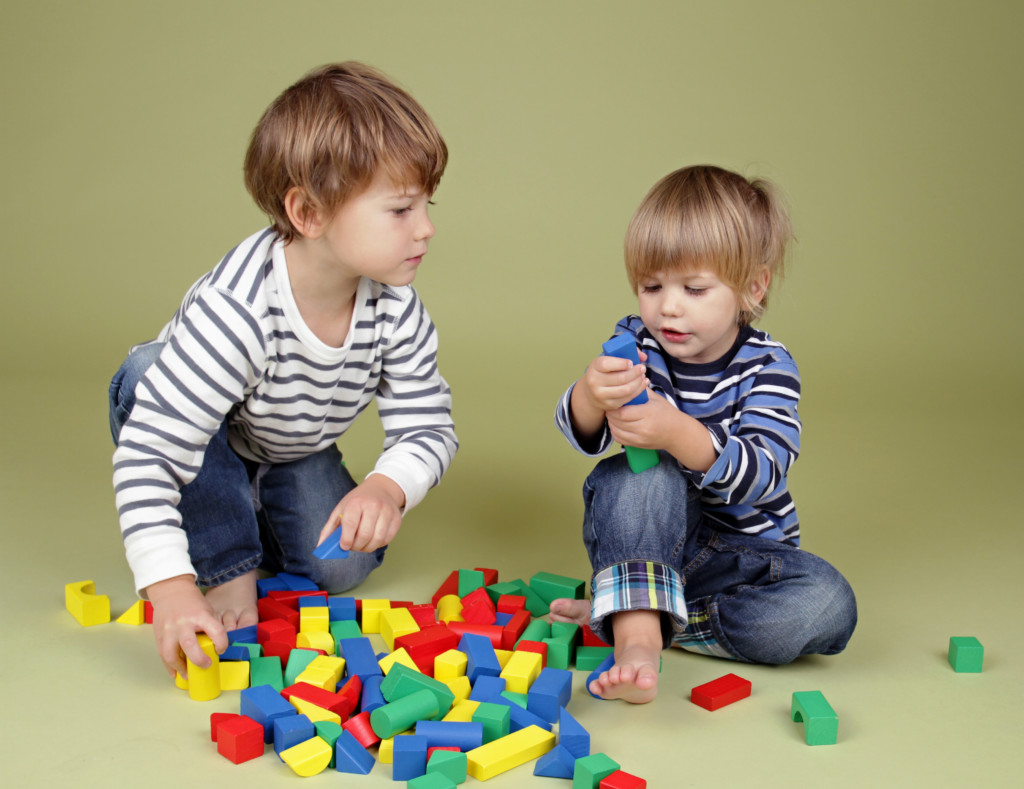


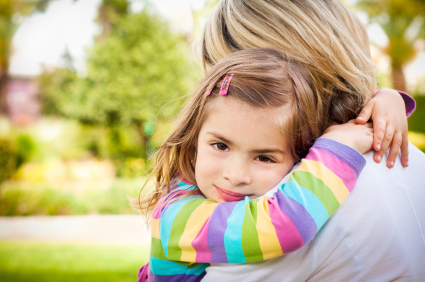

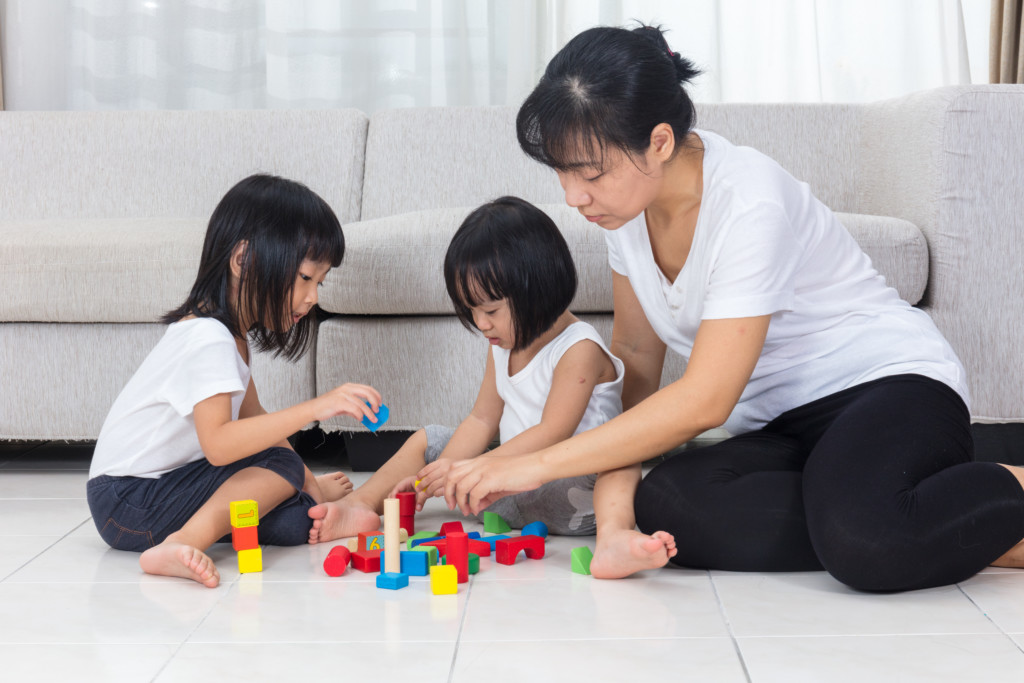
I like the valuable information you provide in your articles.
I’ll bookmark your blog and check again here frequently. I’m quite sure
I’ll learn many new stuff right here! Good luck for the next!
Super article Genevieve, so well explained. Thank you. I hope I can always be there for my little boy when he has his meltdowns. (He is only 2!). I do try to remember, that it’s not the behaviour that needs attention but the underlying emotions. Sometimes, it is hard – as you say above – one can take it personally, when the tantrum doesn’t stop. It helps greatly to think of it, as an old trauma coming to the surface and that our little ones are crying out for emotional support. I hope this stays with me forever! 🙂
What do you do when the aggression is being acted out at school or on the playground and the aggression is being acted out on another child. This is a new school. New behavior. I’m unsure of how to stop it. Help!
Jen
I think we need to help the larger society see better by moving from such instances of tantrums from children, and notice the basic point, that if someone’s systems are disregulated, and they have no expectation of a place to explain and be understood, they will act out. I helped my youngest brother through his adult life – he was born with brain injury and developmental disabilities, many childhood tantrums, and started having seizures when he was 13, stopped a while, then picked up again and continued in later teen years.
The family wanted to see the seizures as medical issues, which of course they were, but only to an extent, for when I took him from home to help him enter the adult world, I assumed, and found it correct when I checked closely – he had seizures when he felt overwhelmed, confused, unable to explain himself, and left behind or blamed for being lazy, He also had sensory disabilities, which adults did not understand, and it took many years before Autism and Pervasive Developmental Disorder were identified, so he had reasons for being left behind, but did not know how to explain, for he always tried to show competence.
I was able to keep him on a path to fewer drop-outs or belligerent episodes. At one time when I said I would leave him to handle his seizure meds on his own, without fussing over him, he then began to lose his wallet, or have it stolen!
It took years and experiences, but he finally learned how to stay in a situation amid the confusion of many in the helping or teaching field, like the teachers in this story. I stayed close enough to listen and became the ally he needed, to examine what was happening, to help him see there was sense in his feelings and to be a translator – and I became that, and he eventually learned.
He needed far fewer seizure meds after I helped him, for I taught him to speak up, not get sick over stress. Now I’m older, facing some stress myself, as I learned to speak for him, not make time to speak for myself, and it took tons of time from my life to stay involved and translate for him. Now, when I feel anxious, I get acid reflux! Once before when very anxious, I got shingles. I lose items.
And I have to surrender my fears, give up my hopes or goals, cut back, and tend to daily projects, in order to get better at keeping up. And I also hope at some time, to have this syndrome better understood in society so people will not overlook the role I played in the disabled brother’s care.
Cassie, thank you for your sharing of your experiences in helping your brother and the many complexities of his issue, yet the hugely important factor of the frustration build ups that exasperated his condition hen he didn’t gain the understand, validation and outlets that he needed. You bring a lot of depth and understanding to help families like yours who want to better support a family member with brain injury and developmental disabilities.
[…] your support to get out some big feelings. If they seem unusually uncooperative and unreasonable or if they’re being aggressive, these are all cues to carve out some time to connect, tune in to them and truly […]